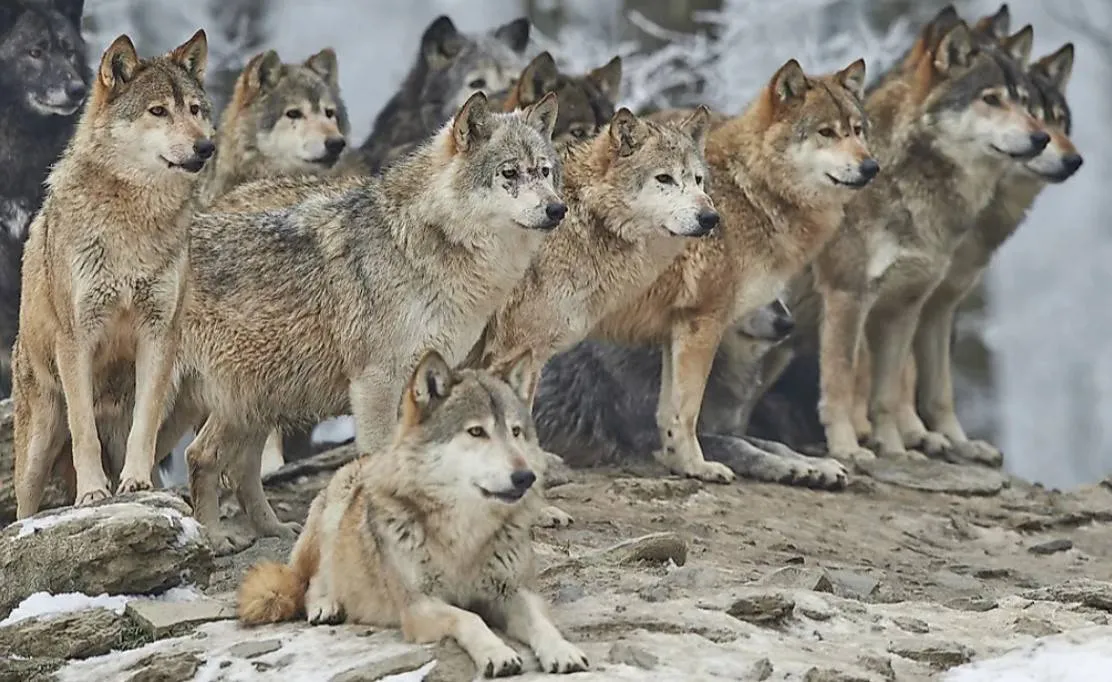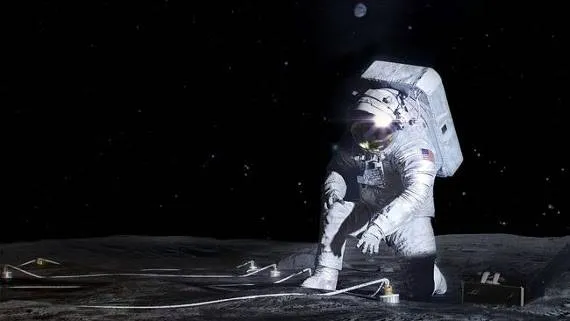Nearly half of journalists reporting on the climate crisis receive threats
Stockholm, June 6 (Hibya) - Almost half of journalists covering the climate crisis worldwide have received threats for their work. Groundbreaking new research also reports that 11 percent of those surveyed have experienced physical violence.
A global survey of more than 740 reporters and editors from 102 countries found that 39 percent of those “sometimes” or “often” threatened were targeted by people involved in illegal activities such as logging and mining. Meanwhile, nearly 30 percent faced threats of legal action, reflecting a growing trend of companies and governments using the judicial system to silence free expression.
The global research by Internews' Earth Journalism Network (EJN) and Deakin University is the first examination of its kind of the challenges facing journalists, covering arguably the most pressing (if not existential) issues of our time.
The Protecting the Planet report features in-depth interviews with 74 journalists from 31 countries on what help they need to better report extreme weather, plastic pollution, water scarcity and mining at a time when global warming and unchecked corporate greed are pushing the planet towards disaster.
Record-breaking temperatures, storms, floods, droughts, and uncontrollable fires are all drawing attention with increasing intensity around the world, with low-income communities, Indigenous peoples and people of colour most vulnerable to climate impacts. Slow-onset disasters such as rising sea levels, melting glaciers, ocean acidification, and desertification also lead to forced migration, hunger, and other human health disasters.
Despite the breadth and magnitude of the problems, 39 percent of journalists surveyed reported practising self-censorship, mostly because of fear of “illegal activities” or government backlash. The problem is that some reporters and editors feel compelled to exclude potentially important information from their audiences; 62 percent reported that this includes statements from sources sceptical of climate change or climate science in the mistaken belief that it is necessary for anthropogenic (human-caused) balance.
“The job of ‘covering the planet’ poses various challenges for journalists worldwide, but this work is urgent and vital,” said lead researcher Dr Gabi Mocatta of Deakin University. "For the first time, this study provides truly global insights into the reporting of climate change and environmental damage... This information is crucial to support and strengthen the work of journalists telling the most important stories of our time."
The survey also revealed the need for more resources for newsrooms reporting on the environment and climate crisis: 76 percent of respondents said insufficient resources limit coverage and called for more funding for in-depth journalism, in-person training and workshops.
Many rely on funding from non-profit organizations, often tied to specific topics. Still, journalists prefer the freedom to report on the most locally relevant climate and environmental issues.
Albania News Agency


















